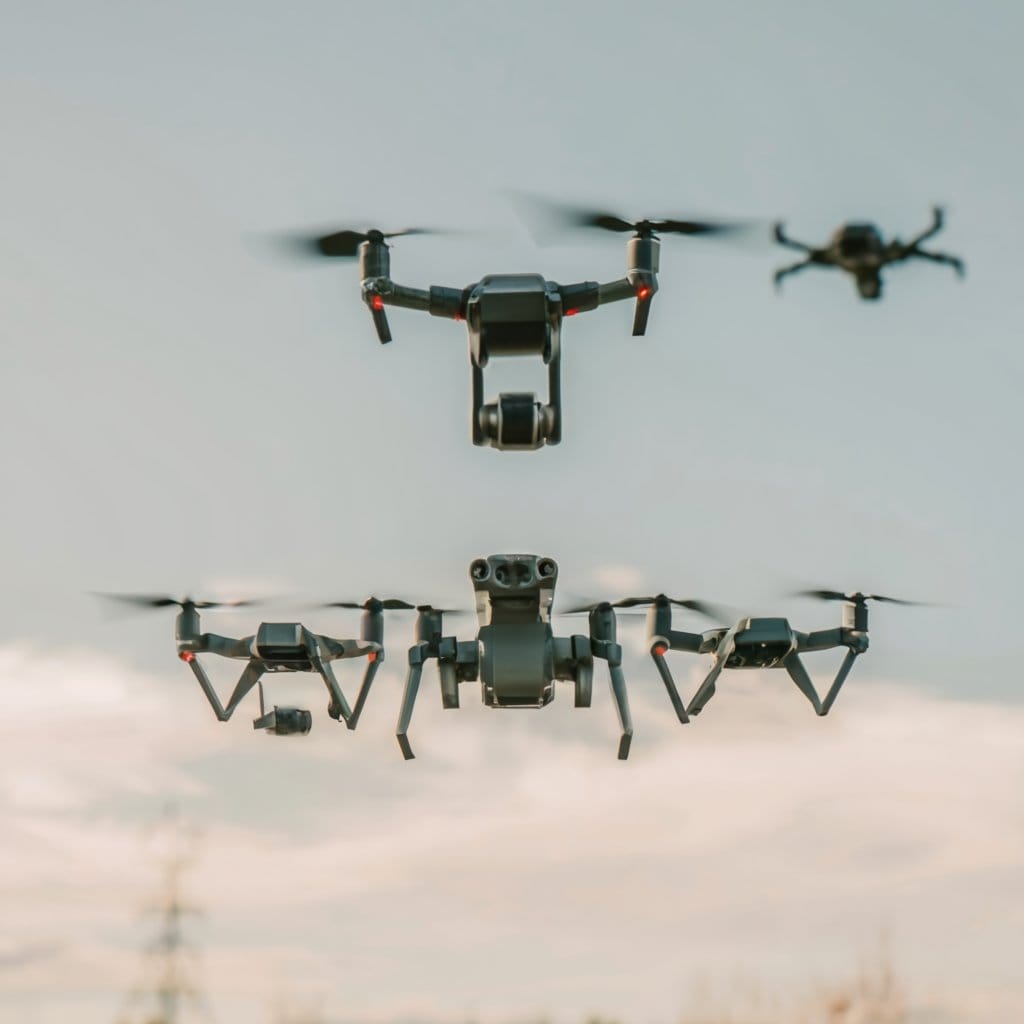
Introduction
China’s CoulombFly represents a groundbreaking advancement in drone technology. Developed as the world’s smallest and lightest solar-powered drone, it offers revolutionary capabilities with the promise of indefinite flight. This blog explores the features, technology, applications, and future potential of CoulombFly, highlighting its significance in the field of unmanned aerial vehicles (UAVs).
Historical Background
Development and Innovation
The CoulombFly drone, developed by a team at Beihang University, marks a significant milestone in UAV technology. Its development was driven by the need for sustainable and efficient aerial systems capable of long-duration flights without the constraints of traditional power sources. Leveraging advanced solar technology, the CoulombFly is designed to harness solar energy, enabling continuous flight as long as sunlight is available.
Evolution of Solar-Powered Drones
Solar-powered drones have been under development for years, but CoulombFly stands out due to its size and weight. Earlier models were larger and less efficient, often limited by battery life and payload capacity. CoulombFly overcomes these limitations, setting a new benchmark for the industry.
Technical Specifications
Size and Weight
CoulombFly is distinguished by its minimal size and weight, making it the lightest drone of its kind. Specific dimensions and weight details include:
- Wingspan: 20 centimeters
- Weight: 4.21 grams
Solar Technology
The drone is equipped with advanced photovoltaic cells capable of converting sunlight into electrical energy with high efficiency. Key features include:
Solar Cells: High-efficiency cells covering the wings and body
Energy Storage: Lightweight batteries for energy storage during low sunlight conditions

Flight Capabilities
CoulombFly is designed for endurance and efficiency. Its flight capabilities include:
- Endurance: Potential for indefinite flight under continuous sunlight
- Range: Extensive range limited only by geographical and regulatory constraints
- Altitude: Capable of flying at various altitudes, optimizing energy use and performance
Key Features
Lightweight Design
The drone’s lightweight design is a critical factor in its performance. The use of advanced materials and miniaturized components reduces weight while maintaining structural integrity and functionality.
Energy Efficiency
CoulombFly’s energy efficiency is a standout feature. The integration of high-efficiency solar cells ensures that the drone can generate enough power to sustain flight, significantly reducing the need for traditional battery power.
Autonomous Operation
The drone is equipped with advanced autonomous navigation systems, allowing it to operate independently over long distances. Key aspects include:
- GPS Navigation: Accurate positioning and navigation
- Autonomous Control: Automated flight planning and obstacle avoidance
Applications
Environmental Monitoring
CoulombFly is ideal for environmental monitoring, including:
- Climate Studies: Monitoring weather patterns and climate change
- Wildlife Observation: Tracking and studying wildlife without disturbance
- Pollution Detection: Identifying and monitoring pollution sources
Agricultural Applications
In agriculture, CoulombFly can be used for:
- Crop Monitoring: Assessing crop health and growth
- Irrigation Management: Monitoring and optimizing irrigation systems
- Pest Detection: Identifying pest infestations early
Disaster Management
The drone’s capabilities make it invaluable in disaster management:
- Search and Rescue: Locating and rescuing victims in disaster zones
- Damage Assessment: Assessing damage in inaccessible areas
- Resource Delivery: Delivering essential supplies to isolated locations
Communication Networks
CoulombFly can support communication networks by:
- Relay Stations: Acting as temporary communication relays in remote areas
- Surveillance: Providing real-time surveillance for security and emergency services
User Experiences
Initial Deployments
Initial deployments of CoulombFly have demonstrated its capabilities in various real-world scenarios. Users have reported positive experiences in terms of flight stability, energy efficiency, and data collection capabilities.
Case Studies
Several case studies highlight the practical applications of CoulombFly:
- Agricultural Monitoring in Rural China: Demonstrated significant improvements in crop yield and irrigation efficiency.
- Disaster Response in Southeast Asia: Played a crucial role in search and rescue operations, showcasing its endurance and reliability.
Feedback and Improvements
User feedback has been instrumental in refining the drone’s design and functionality. Continuous improvements are being made based on operational experiences and technological advancements.
Comparison with Other Solar-Powered Drones
Previous Models
Compared to previous models, CoulombFly offers superior performance in terms of weight, energy efficiency, and flight capabilities. Its innovative design addresses many of the limitations of earlier solar-powered drones.
Competitors
When compared to competitors, CoulombFly stands out due to its unique combination of size, weight, and energy efficiency. It offers a more practical and versatile solution for various applications, making it a preferred choice for many users.
Future Trends and Developments
Technological Advancements
The future of solar-powered drones looks promising with potential advancements including:
- Improved Solar Cells: Enhancing energy conversion efficiency
- Advanced Materials: Further reducing weight and increasing durability
- AI Integration: Incorporating artificial intelligence for smarter autonomous operations
Broader Applications
As technology advances, the range of applications for drones like CoulombFly will expand, including:
- Urban Planning: Assisting in urban development and infrastructure planning
- Scientific Research: Supporting various fields of scientific research with long-duration flights
- Global Connectivity: Enhancing global connectivity through temporary communication networks
Regulatory and Safety Considerations
Compliance with Regulations
Operating drones, especially those with autonomous capabilities, requires adherence to local and international aviation regulations. Ensuring compliance is crucial for safe and legal operations.
Safety Features
CoulombFly is equipped with several safety features to ensure secure operation, including:
- Emergency Landing Systems: Automated emergency landing protocols
- Collision Avoidance: Advanced sensors for detecting and avoiding obstacles
- Fail-Safe Mechanisms: Ensuring safe operation in case of system failures
Community and Support
Online Communities
Joining online communities and forums dedicated to drone technology can provide valuable insights, support, and collaboration opportunities. These platforms allow users to share experiences, troubleshoot issues, and stay updated on the latest developments.
Manufacturer Support
Manufacturers often provide extensive support resources, including manuals, FAQs, and customer service. Utilizing these resources can help users maximize the performance and longevity of their drones.
Conclusion
CoulombFly represents a significant advancement in the field of solar-powered drones, offering unparalleled capabilities in terms of endurance, efficiency, and versatility. Its lightweight design, advanced solar technology, and autonomous operation make it a game-changer for various applications, from environmental monitoring to disaster management. As technology continues to evolve, CoulombFly and similar drones will play an increasingly vital role in addressing global challenges and advancing scientific research.
The potential for further advancements in solar efficiency, materials science, and AI integration promises an exciting future for solar-powered drones. As these technologies mature, we can expect even more innovative and impactful applications, solidifying the role of drones like CoulombFly in the future of aerial technology.



